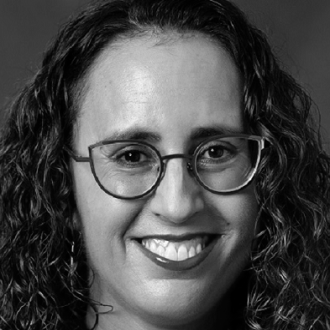 Smartphone Apps for Childhood Anxiety Treatment (Smart-CAT)
Smartphone Apps for Childhood Anxiety Treatment (Smart-CAT)
STUDY BASICS
Does your child or teen age 9-14 struggle with frequent anxiety, worry, or fear? If so, your child may be able to take part in a research study to find out if a smartphone app can help children learn to better cope with their emotions. Compensation provided.
STUDY PURPOSE
Cognitive behavioral therapy (CBT) is a type of therapy that focuses on exploring relationships among a person's thoughts, feelings and behaviors. CBT “talk therapy” has been shown to be an effective treatment for many children with anxiety. In this study, researchers want to know if adding a smartphone app that actively engages children in therapy can make CBT an even more effective treatment.COULD THIS STUDY BE RIGHT FOR YOUR CHILD?
- Ages 9-14
- Child experiencing frequent anxiety, worry, or fear
- Parent or primary caregiver must be willing to participate
WHAT PARTICIPANTS CAN EXPECT
This study requires parent and child to attend 3 study visits (2-4 hours each) for interviews and questionnaires. In addition, your child will have 8 weekly sessions of cognitive behavioral therapy (CBT) with a therapist, and will also interact with the app on a study-provided smartphone for about 5-10 minutes per day. Using the app, your child will answer questions and take part in games and activities designed to practice skills learned during CBT sessions. Smartphones will be returned at the end of the study. Parents will be asked to complete an online diary to give feedback on their child’s behavior. These entries should take about 5-10 minutes each to fill out. This research study does NOT involve any medications.IRB: PRO11080619
- Using Smartphones to Improve Childhood Anxiety Treatment (Smart-CAT)MEET THE RESEARCHER

Jennifer Silk
Jennifer Silk is a Professor of Psychology and Psychiatry at the University of Pittsburgh. Her research focuses on the development and treatment of affective disorders in adolescence, such as anxiety, depression, and suicidality. Her research focuses on the interplay between youths’ social environments and underlying neurobiological vulnerabilities. She has published more than 150 articles and chapters on these topics and has led 9 NIH-funded grants. Dr. Silk was elected as a Fellow of the Association for Psychological Science and earned a Young investigator Award from the Brain and Behavior Research Foundation, a National Postdoctoral Association Mentor of the Year Award, and was recognized at the White House as a winner of the National Behavioral Health Patient Empowerment Challenge. She has been a faculty member at the University of Pittsburgh for 25 years.
 https://pittplusme.org/study/378
https://pittplusme.org/study/378